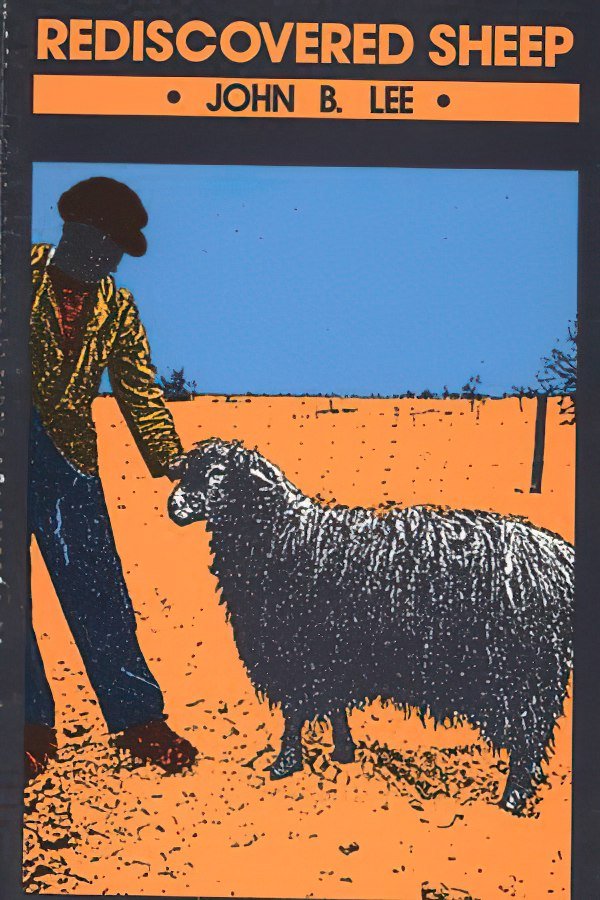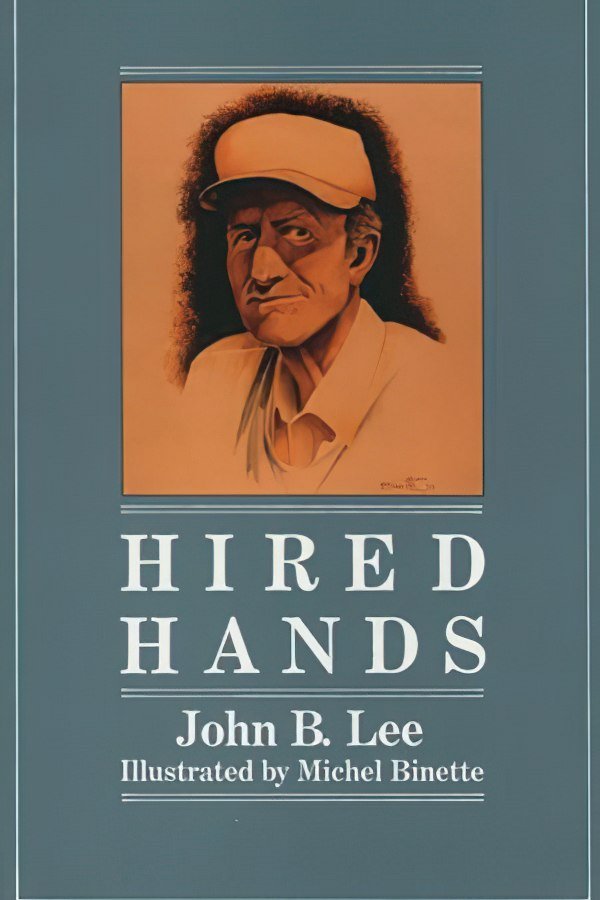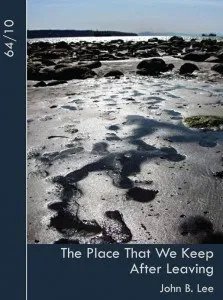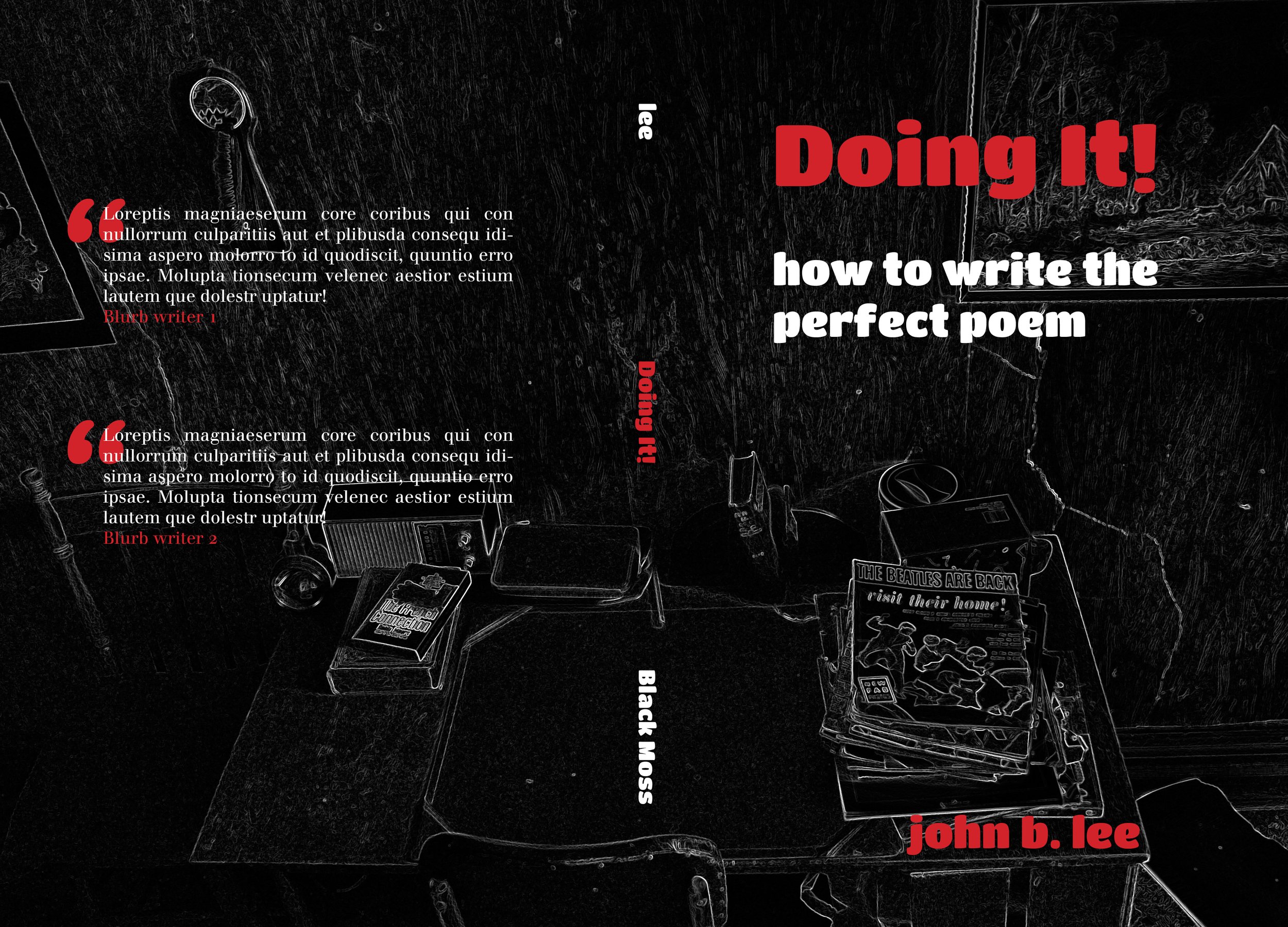Exploring the literary world…
In my aspiration as a writer, I wish to write the smell of varnish. In this intention, it is language that fails the author.
Canadian poet bp Nichol wrote,
“I do not wish to write a poem about a daffodil, I want to write a poem that is a daffodil”
The Writing Process
Chasing The Feeling
If you want to be a writer, do the writing. Chase the feeling. Follow it wherever it leads. Don’t write to be admired. Don’t write for the fame. Don’t write to get published. Don’t write because you have something to say. Don’t write to become immortal. Don’t write because you think you know the truth. Don’t write because you have an attitude. Don’t write to strike a pose in black clothing. Don’t write to be cool. Don’t write because you like the image of yourself as you see yourself squinting through the heavy burn of smoke motes rising in stage light from Gauloises cigarettes.
Don’t write only because you are lonely or because you feel deeply, see clearly, know truly, and are one of those who paid attention to the world and to the inner life. Write for writing’s sake. Write because you write. Becoming a writer begins in the act of writing. Do the writing. All else is peripheral. All else is secondary. Write for the love of words as they appear on the page. Write for the love of words as they pass your lips. Write for the love of language entering the ear. Write first and foremost for the pure celebration of dictionary music. It is said that writers are those who have fallen in love with words and the world.
Existence without Alienation
In writing, I want the poem to have the transformative power of prayer. Most people think of prayer as an importuning of God. I think of it as an appeal from the inner world of the individual to the outer world of the universe to make a connection whereby the iteration of the best words in the best order presents the possibility of grace, the covenant between the self and the universe, the vanishing into the thing where the soul makes contact through the mind, the body, the heart with the enthralling and all-containing spirit of things. Existence without alienation. What the authors of the Bible meant when they spoke of the covenant between God and man for which the rainbow is a metaphor.
It is this luminous interior connecting with this startlingly brilliant sky, this egoless dark, this close-eyed heaven we hold, that I’m after in my work.
‘The Educated Imagination’
The aspiring writer in learning the craft must develop a refinement of taste, a reliability of judgment, a breadth of knowledge, a depth of understanding, a perspicacity of perception, a perspicuity of expression, quality of experience, clarity of thought, and a love of language and what language can do in a master’s hands. Reading inspiring writing.
Reading is what fires the imagination. Attending to what Northrop Frye calls ‘the educated imagination.
Dark Matters
Published Books























The Six Star Review
he warns against
the six-star review
there’s danger in too much praise
it invites indifference
and the mockery
of many, but
what if you are Shakespeare
the worthy
when the laudatory
and the amazed
say of themselves
“why do I even bother …”
the stranger who says
of you
we dare not meet
though he sits somewhere
his thumb in a book
staring into the darkness
where the sixth star
blazes from the page
More 6 Star Reviews
-
“John B. Lee is a master of metaphor and powerful surges of feeling. It’s always a pleasure to see a Lee poem I haven’t encountered before. His is the premier Canadian poet of his generation.”
Don Gutteridge
Poet and Novelist
-
“… the finest of our poets! Truly!”
Marty Gervais
Poet Laureate Emeritus of Windsor
-
“If you’ve ever doubted the value of daily writing, just read this master craftsman of finding and maintaining his own voice. John B. Lee’s lines flow smoothly from one fresh new metaphor to the next.”
Bernice Lever
Poet and Critic
-
The Full Measure not only revivifies deceased family members but also swans a vanishing era of homesteading. Like the late rural New Brunswick Alden Nowlan, Lee recreates the full sensory experience of farm life, but the latter's poetic proficiency limns the magical and mystical in a people's poet Acorn manner. Read this enchanting collection and savour the why and the how it is made.
(review appearing in Verse Afire, The Ontario Poetry Society)
-
"Through Lee’s sharing of his sexual desires, dreams, pleasures and confusions, we witness the character arc from sweet, farmboy innocence and giddy teen playfulness to the blooming of a sexually aware man who pays attention to the needs and wants of the physical body as it dives into the deeps of love."
Vanessa Shields
-
“These poems are Grove and Lee, blending faith, tradition, time, death, and much more with outstanding expressive means and stylistic devices that never repeat themselves. The fountain of imagery expressed and the freshness in their style do not cease to amaze me – and I have had my share of poetry reading in my life! I wish the reader as much joy and enlightenment as I had with this book.”
Miguel Iglesias
-
“Bringing the Farmhouse Down is the type of nostalgic poem I like and when John B. Lee starts including such incredible minute details, it creates an enchanting poem, undoubtedly based on true events from days of yore.”
Raymond French
-
“I admire the unselfconscious pride with which Lee propagates his love of literature–its power and its glory–around his town and around the world–an evangelist of truth and beauty. To read Lee’s work is to believe in them for the first time all over again. God bless him.”
George Whipple
-
“I can only wonder at the profound beauty and meaning that these poems inspire! Your vision of poetry is unique and indeed, awesome! The lines, ‘we are somewhere else And vanished Leave a message for the wind’ Leave me amazed!”
Mulhern Mary Ann
-
“What a monumental talent you are. Your name should be John B. Poetry. It flows from you in a never-ending stream. I enjoyed the sentiments, of course, and the lyricism, but also the wide variety of words from your enormous vocabulary, your knowledge of history, and of course your pervasive understanding of the land and its people. Hard to pick out a favourite; there were so many.”
Marilyn Gear Pilling
-
John B. Lee is “the” People’s Poet with the hidden agenda of a spiritual adviser, a magician of language whose poems often conclude with an amazing transcendence of intellect confronted by the inexpressible and surrendering to it in a skyrocket of wild imagery and pure poetry.
George Whipple
-
What a superb telling of the Willcock's story, painstakingly researched and beautifully written. You do a great job of rehabilitating a fascinating historical figure. Your bibliography is amazing. I wish I had done the kind of research you have done when I started the Marc Edwards series. I had no idea there was such material available in both the primary and secondary sources. Reading and rereading your work over the past week, I realize that you are not only a fine poet but a man of letters. If we lived in a fair world you would be given the Order of Canada. Thanks for inscribing the books. I'll treasure them.
Don Gutteridge







